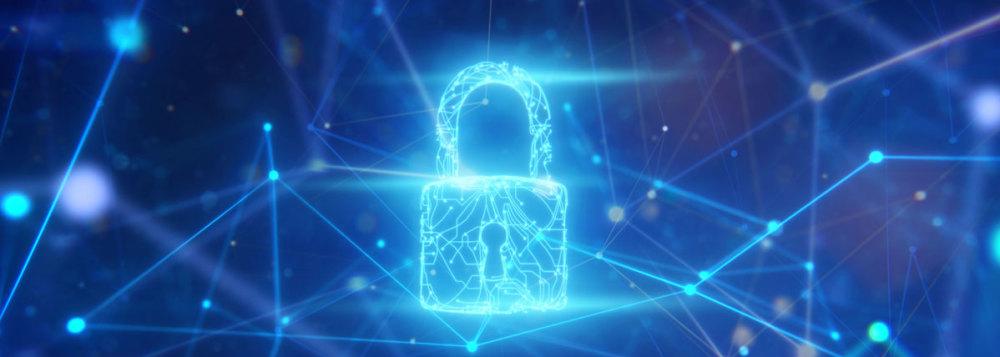China's scientists have achieved the efficient "purification" of quantum entanglement, which can provide a guarantee for national information security in the future.
Recently, the research group of Academician Guo Guangcan of the University of Science and Technology of China, Li Chuanfeng and Professor Liu Biheng, in cooperation with Professor Sheng Yubo of the School of Electronics and Optics of Nanjing University of Posts and Telecommunications and the School of Flexible Electronics (Future Technology), achieved a certain entanglement purification in the laboratory for the first time, and the purification efficiency can theoretically increase by 1 billion times, providing strong technical support for future high-efficiency quantum relay. The results have been published online in the domestic comprehensive international journal of natural sciences, Science Bulletin (English edition).
Professor Sheng Yubo told the surging news that the advantage of quantum communication is perceptual eavesdropping, and it is necessary to determine whether there is eavesdropping by detecting the bit error rate. Similar to classical communication, quantum communication is also degraded by environmental noise when transmitted. Noise causes photons to be lost, or the signal to go wrong, resulting in a bit error rate.
"If the noise also produces a bit error rate, it will make it impossible for us to distinguish whether it is caused by noise or eavesdropping, so it will threaten communication security." Professor Sheng said.

The purification efficiency of quantum entanglement can effectively improve the efficiency of communication, so as to better play the advantage of quantum communication perception eavesdropping, which can provide a guarantee for national information security.
It is understood that due to its importance, the theory of quantum entanglement purification has attracted the attention of many international scientists. In previous foreign related experiments, in order to improve fidelity, it is necessary to repeatedly purify a large number of low-fidelity quantum entanglements, and this purification has a failure rate, low efficiency, and slow speed. Mikhail Lukin, an academician of the American Academy of Sciences, has also pointed out that for long-distance quantum communication, limited by the efficiency of entanglement purification, the first generation of quantum relay has become very slow.
Professor Sheng introduced to the surging news that the theoretical part of the research was responsible for the team of Nanjing University of Posts and Telecommunications, and the experimental part was responsible for the team of the University of Science and Technology of China. "Purification" experiments are mainly achieved with the help of optical equipment, super-entanglement sources, detectors, and linear optics. The specific operation of quantum entanglement purification is theoretically a controlled non-(CNOT) gate.
The theory of the experiment originated in 2010, when Professor Sheng and his supervisor, Professor Deng Fuguo, published a definitive entanglement purification theory in The Physical Review A (PRA).
Different kinds of quantum entanglement have different ability to resist noise. For example, polarization entanglement is easier to manipulate and can be used for encoding, but is susceptible to noise during transmission. The entanglement of space, time and frequency is relatively stable, and it is not easy to be disturbed by noise.
According to this, the two professors first constructed the hyper-entanglement of space-polarization two degrees of freedom, and used spatial entanglement that is not susceptible to noise interference to "purify" the polarization entanglement. After purification, the spatial entanglement disappears, but high-quality polarized entanglement can be obtained. Professor Sheng explained that both spatial entanglement and polarized entanglement can be used for quantum communication.
Based on this theory, the two teams of the University of Science and Technology of China and the Nanjing University of Posts and Telecommunications worked together to first prepare space-polarization super-entanglement in the laboratory. Subsequently, the experimental team added noise to the polarization entanglement, and after the purification operation, the fidelity of the polarization entanglement increased from 0.268 to 0.989.
According to Professor Sheng, with this new method, only a pair of super-entanglements is required to achieve the purification of quantum entanglement. Theoretically, purification efficiency could be increased by a factor of 1 billion. This is very beneficial for improving the speed of quantum relay and can provide technical support for future long-distance quantum communication. At the same time, it is also useful for future distributed quantum computing.